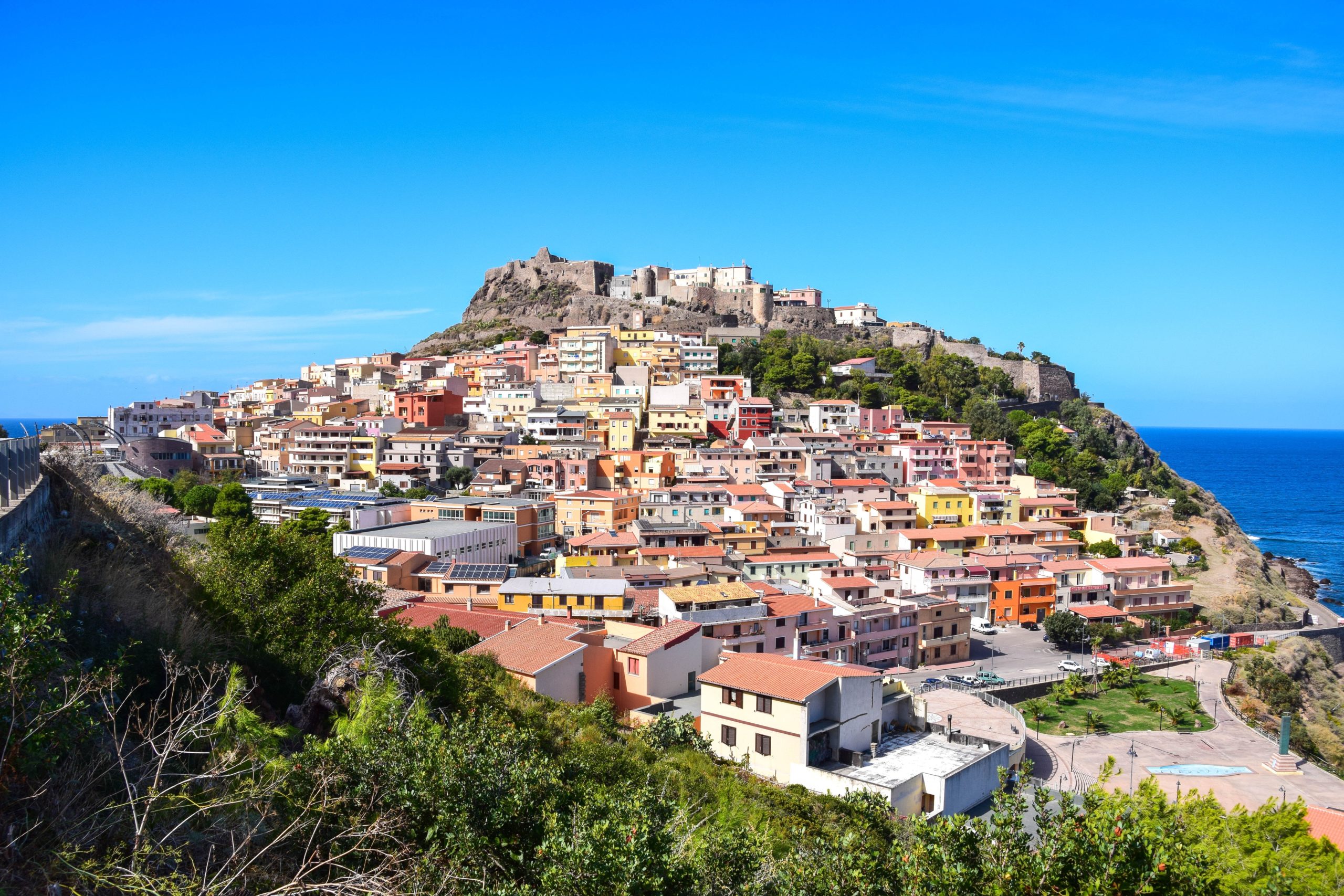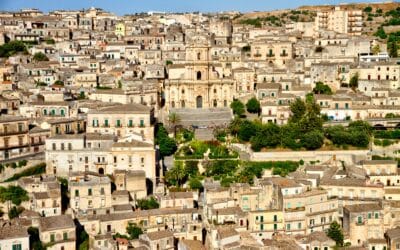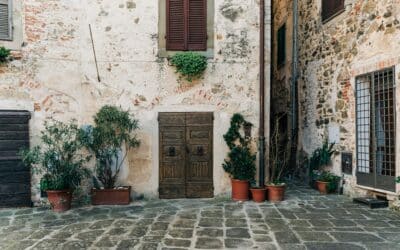Ecco is an invariable Italian adverb that can be used in a variety of meanings. Let’s take a look at some of the most common ones in the form of sample sentences that you can easily insert into your flaschards sets.
Ecco = Here is / Here are
Ecco is an invariable article describing something or somebody’s appearance, replacing the phrases “here is” or “here are” in English.
For example,
- Ecco i nostri amici – here are my friends
- Ecco il treno – here is the train
- Ecco la mia casa – here is my house
Ecco is often used in conjunction with the pronouns mi, ti, lo, la, ci, vi, li, le, which are always attached at the back of the verb), with the following meanings.
- Eccomi – here I am
- Eccoti – here you are
- Eccolo – here it is or here he is
- Eccola – here she is
- Eccoci – here we are
- Eccovi – here you are
- Eccoli – here they are (masc.)
- Eccole – here they are (fem)
Ecco = Well
Sometimes, ecco is used as a filler word at the beginning of a sentence when you are figuring out what to say, and it means something close to well in English.
- Ecco…volevo dirti che non posso venire stasera – Well, I was going to tell you that I can’t come tonight
Expressions with ecco
Ecco appears also used in a number of common Italian idioms too, for instance:
- Ecco perché – that’s why
- Ecco fatto – done
- Ecco tutto – that’s all
- Ecco cosa succede quando…- this is what happens when…
- Ecco come – this is how…







